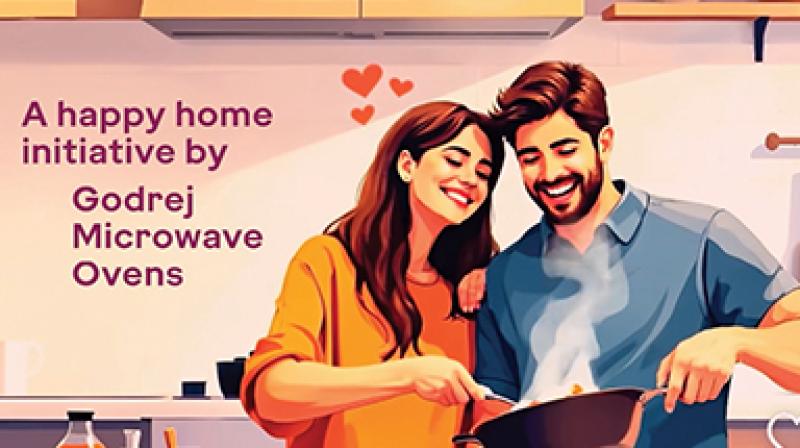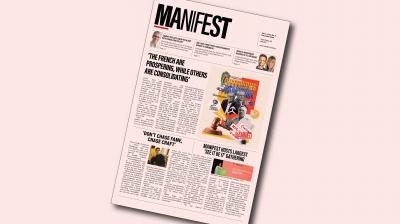Swati Rathi, marketing head, appliances business, Godrej Enterprises Group, chats with us about the #AManCan campaign conceptualised by Adfactors PR.
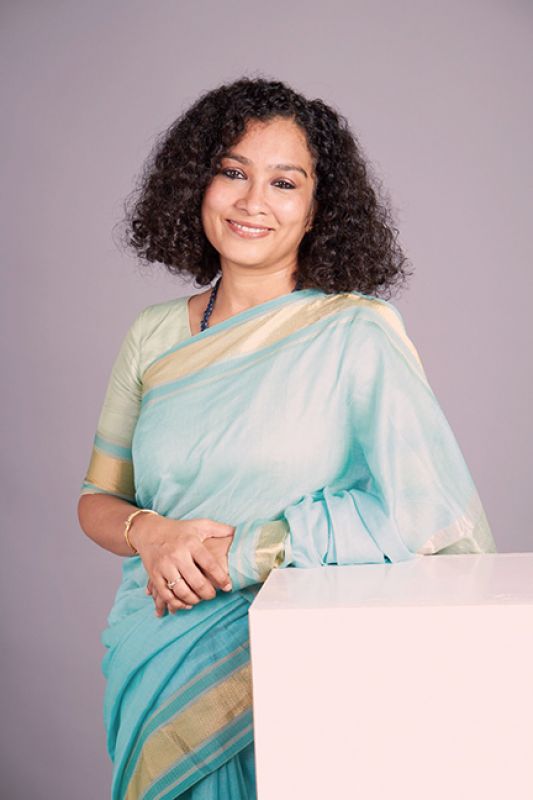
Swati Rathi
How does the #AManCan campaign challenge traditional gender roles and reframe cooking as a shared life skill, rather than a gendered responsibility?
The #AManCan campaign was inspired by real conversations with women who shared a desire for the men in their lives to be more involved in the kitchen. While men’s participation at home has increased over the years, however the imbalance still remains very high especially when it comes to cooking. Women continue to juggle both professional and household responsibilities, largely without equal support.
Globally, men reign in professional kitchens, celebrated as top chefs. Yet, cooking at home continues to be perceived as a woman’s responsibility. According to National Sample Survey Office (NSSO) data, 92% of women continue to perform domestic duties every day, compared to just 27% of men. Data suggests that women spend an average of 243 minutes a day on unpaid household tasks, nearly ten times more than men.
We saw this as an opportunity to gently reframe cooking as a basic life skill, rather than a gendered responsibility. We conducted a sample survey that revealed, while over 70% of women wanted the men in their lives to learn to cook and be more involved in the kitchen, about 60% said the men in their families hardly knew how to cook.
Inspired by this real feedback, we adopted a positive and relatable tone to encourage men to see the kitchen as a space where they can also belong. If men can achieve great things in life, they can surely cook. The goal was to spark conversations around shared responsibilities at home, make cooking feel more inclusive, accessible, and enjoyable. We also wanted to ensure it does not come across as preachy and hence, the tonality of the narrative in the cookbook and the larger campaign, is fun and laced with humour.
How has the campaign resonated with audiences across platforms from digital films and influencer content to in-store activations and the ‘A ManCan Cookbook’?
The response has been overwhelmingly positive. Our digital film received a prominent response across social media platforms. Influencers representing a diverse spectrum—from young and middle-aged couples to mother-son duos – added credibility and showcased fun scenarios with men taking up cooking. The ‘A ManCan Cookbook’ was published on Amazon and gifted to people receiving appreciation. In-store activations further extended the campaign message offline, allowing consumers to connect with it while shopping. Overall, the campaign struck a meaningful chord across both digital and physical touchpoints. People were encouraged to pledge to the cause on the microsite.
Were there any standout reactions or testimonials from men who took the pledge or cooked for the first time?
The initiative was widely appreciated by women and men. Here are some snippets:
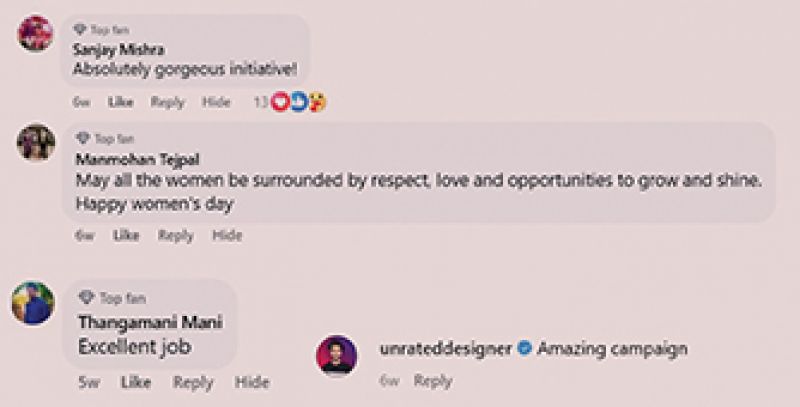
Can you share how the creative brief evolved, and what pivotal decisions shaped the storytelling approach for this campaign?
Drawing from insights and the findings of our sample survey, the creative brief began with a simple yet powerful idea - to reframe cooking as a basic life skill for men, using warmth and relatability rather than criticism or preachy tone. We knew the tone had to be inspiring, not preachy. This led to the use of light humour and analogies - like “if a man can swim with sharks, he can make fish curry”—which helped land the message in a fun, encouraging way. This approach formed the storytelling backbone of the campaign.
Another major turning point in the brief was deciding to launch it on International Women’s Day. It’s a day traditionally reserved for celebrating women, but we saw it as an opportunity to flip the script—by inviting men to be part of the change. If women are stepping into boardrooms, men can also step into kitchens. This storytelling choice allowed us to spark conversations in a fresh, forward-thinking way.
To bring the campaign to life, we created the ‘A ManCan Cookbook’—a unique cookbook dedicated to men who haven’t tried cooking yet, crafted by women who believe they can. Instead of just leaving it a set of recipes on the internet – the book was published and made available for purchase as well. To further amplify the story, we launched a digital film, collaborated with influencers across age groups and family dynamics, and activated retail spaces with creative displays.
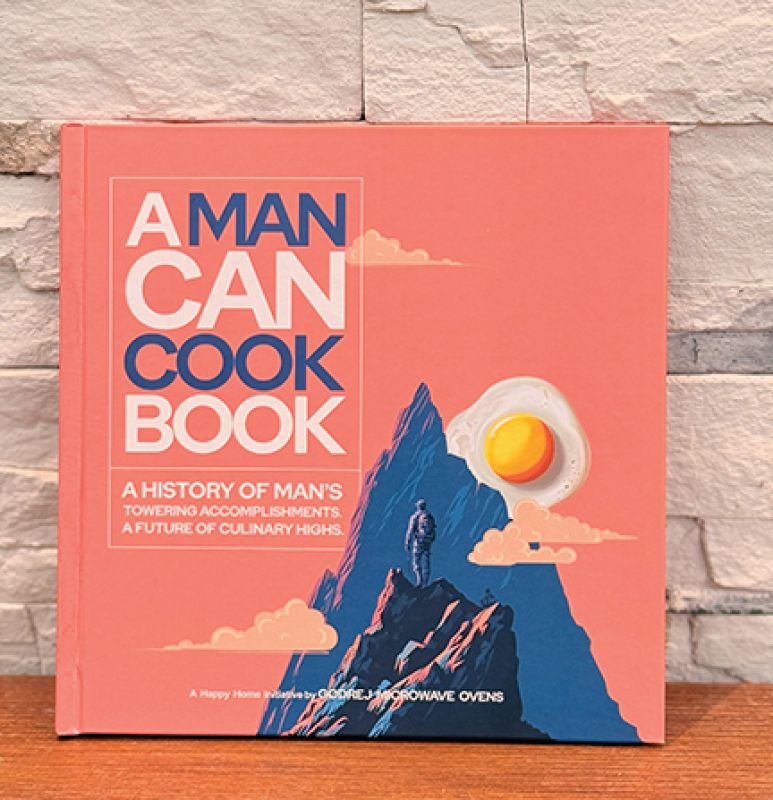
As a participative element, the campaign invited men to take a pledge - committing to share cooking responsibilities at home and encouraged them to gift this pledge to the women in their lives as a meaningful gesture of change. All these choices ensured that the story came alive across touchpoints—sparking real, relatable conversations.
What does success look like for ‘A ManCan Cookbook’, in terms of brand sentiment, consumer behaviour, or microwave sales and what’s next for the ‘Happy Home’ initiative?
On one hand, we saw a noticeable uptick in March for microwave oven searches on Google Trends and on the other – we gained close to 7,000 followers on Instagram from January to March along with 2,700 plus pledges. To get a copy click here.
This feature was first published in our May issue. Get your copy here.

.jpg)
